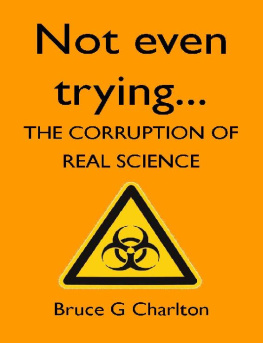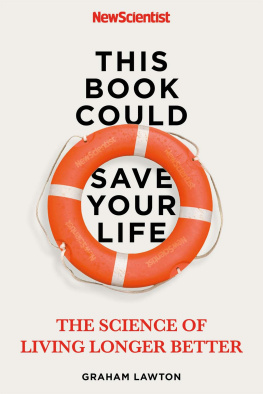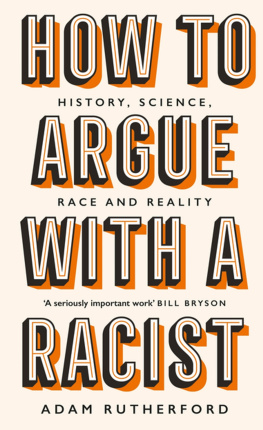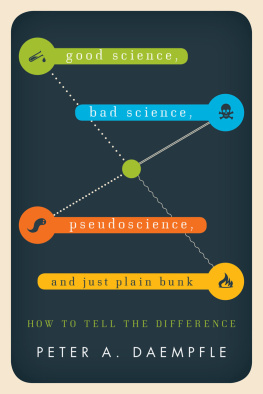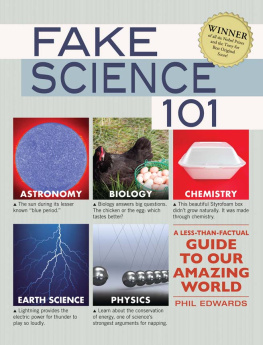Briefly, the argument of this book is that real science isdead, and the main reason is that professional researchers are not eventrying to seek the truth and speak the truth; and the reason for this isthat professional scientists no longer believe in the truth - nolonger believe that there is an eternal unchanging reality beyond human wishesand organization which they have a duty to seek and proclaim to the best oftheir (naturally limited) abilities. Hence the vast structures of personnel andresources that constitute modern science are not real science but insteadmerely a professional research bureaucracy, thus fake or pseudo-science;regulated by peer review (that is, committee opinion) rather than the search-forand service-to reality. Among the consequences are that modern publications inthe research literature must be assumed to be worthless or misleadingand should nearly always be ignored. In practice, this means that nearly allscience needs to be demolished (or allowed to collapse) and real sciencecarefully rebuilt outside the professional research structure, from the groundup, by real scientists who regard truth-seeking as an imperative andtruthfulness as an iron law.
Introduction
As a schoolboy and for many years afterwards, I was perhapsas idealistic about science as anyone in recent years it would not be muchof an exaggeration to say that I worshipped science; since I was anatheist for whom science was the bottom-line description of reality. The greatscientists were my heroes those whom I hoped to emulate.
For me nothing was more fundamental than science;everything else was properly to be evaluated from the perspective of science.
Yet now I regard real science the kind of science Iused to worship - as a thing of the past; an object of historical study. Thereare small islands of real science dotted here and there, but with only localand dwindling influence.
To all extents and purposes, I see real science as dead; andwhat calls itself science as a fake worse than nothing, because it claims somuch: claims indeed the noble mantle of real science.
*
This is not a matter of science having run-out of usefultruths to discover. It is that scientists are not any longer trying to discoveruseful truths.
So, real science has essentially gone. What is now left avast, international activity with millions of employed workers and multiplebillions of dollars of funding is so thoroughly corrupt as to beun-reformable.
If enough people care enough about real science to want itback, they will now have to build it all over again, from the ground up.
*
This book describes the essence of real science: aphenomenon much simpler to describe yet more difficult to do - thanyou might suspect.
It also charts the course of real science over about athousand years to its peak in the three centuries up to about 1950, then itsextraordinarily rapid yet dishonestly concealed collapse down to almostnothing during the past two generations.
It is a remarkable story covering some of the peaks ofaccomplishment, and some of the darkest aspects of the human spirit.
Read on...
Understanding science retrospectively
The Owl of Minerva flies only at dusk said Hegel; implyingthat understanding must be retrospective. Therefore we did not know what sciencewas, nor how it worked (in a philosophical, historical and sociological sense),until real science was already well-advanced towards destruction.
For me, real science is the core of the modern world.Science is the creator and driving force of genuine economic growth (increasedefficiency in the production, trade and distribution of essentials), and asignificant driver of social change; intellectually science is the crowningglory of modernity; but at the same time and by the same mechanisms, science isresponsible for most of the distinctive horrors of the past couple ofcenturies.
*
My (very basic, to be amplified throughout this book)summary understanding of the rise of real science was that it came from PaganGreece (epitomized by Aristotle), then through the early Christian theologians- epitomized by the Western Medieval scholastic philosophers (pioneered byPeter Abelard).
It was the Roman Catholic Church that professionalizedphilosophy as a subject increasingly distinct from theology, and developed theuniversity as institutionally distinct from the monastery (thus dividingeducation from devotion) so, the Great Schism (when the Eastern Orthodox andRoman Catholic Churches divided, around 1000 AD) marked the true beginning ofmodernity.
Then natural science separated from philosophy in theRenaissance era, at around the time of Galileo, and later moved to be focusedin Protestant Northern Europe where it first became large, visible andnoticeably distinct from about the 17th century.
There were agrarian and industrial revolutions in Britainduring the 1700s; and from around 1800 a new world was increasingly apparent: aworld characterized by growth in science, technology, the economy, and humancapability: the world of modernity. And from this point science became not justa distinct social structure, but a professional career structure.

